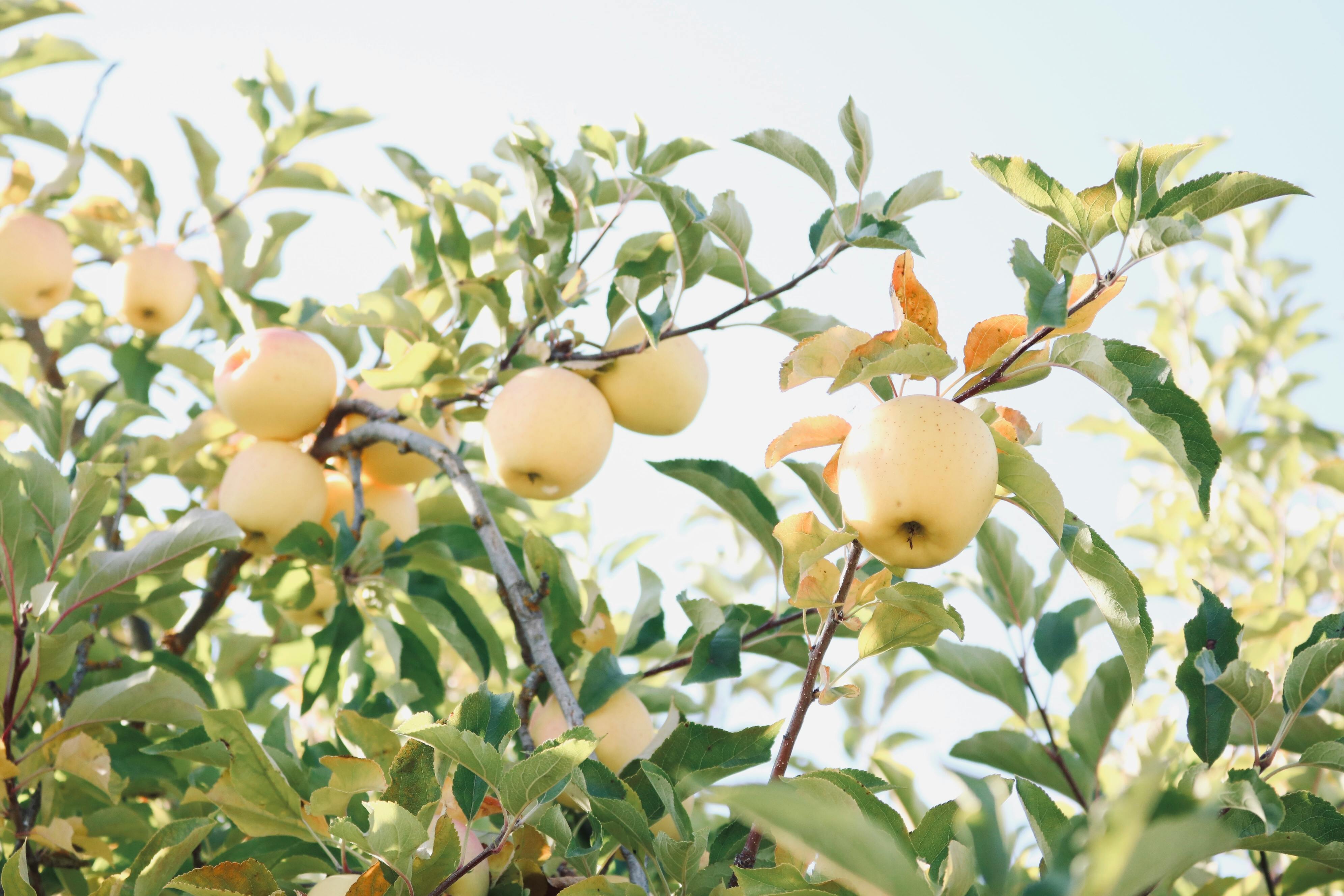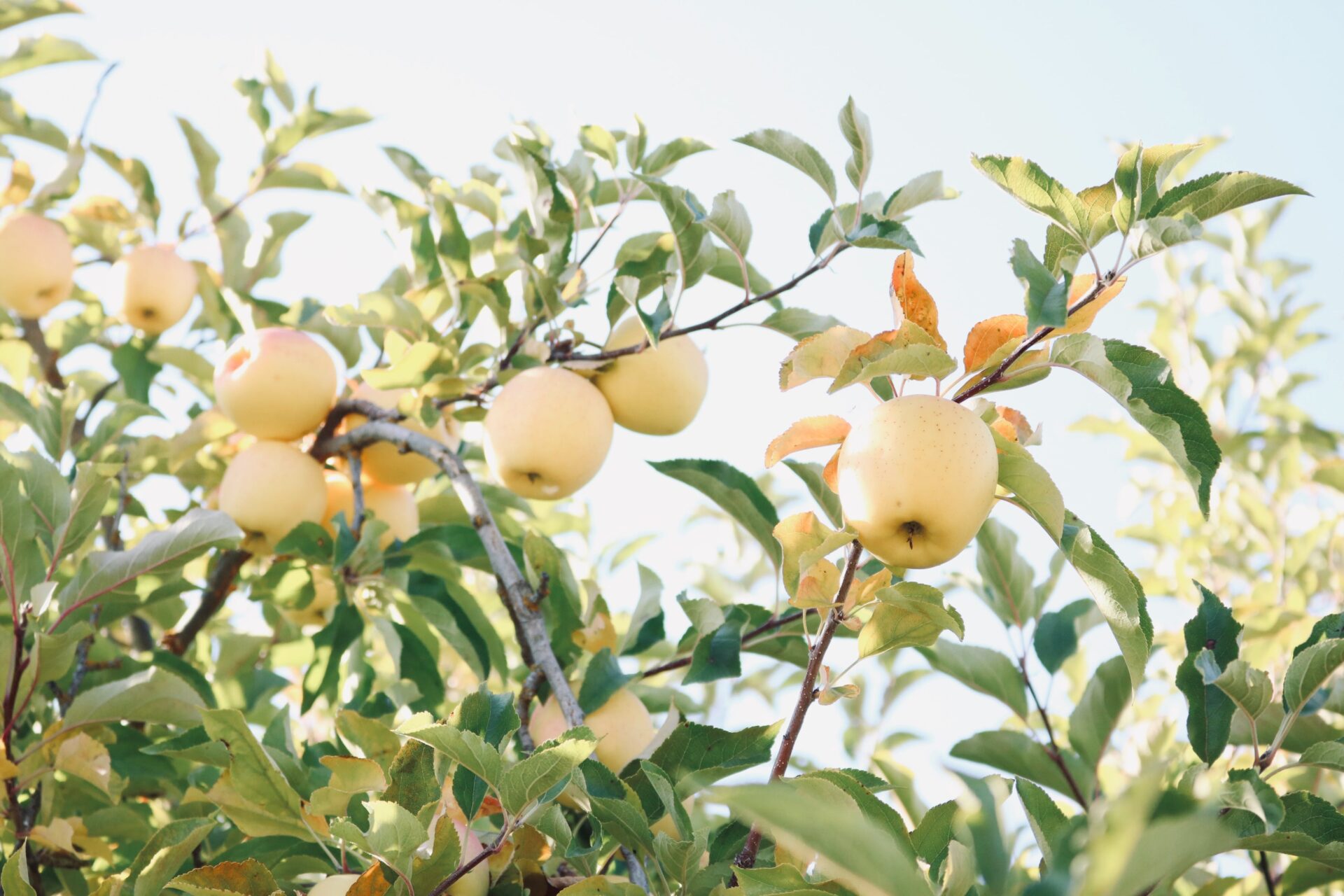Monk fruit extract is an all-natural sweetener made from the juice of monk fruit, also known as luo han guo, a small round melon native to Southeast Asia. It is prized for its intense sweetness and lack of calories. Monk fruit extract has become popular as a low FODMAP alternative to sugar and artificial sweeteners. FODMAP stands for Fermentable Oligosaccharides, Disaccharides, Monosaccharides And Polyols, which are short-chain carbohydrates that can be difficult to digest in some people with digestive disorders like irritable bowel syndrome (IBS). With its low FODMAP rating, monk fruit extract is an ideal choice for those looking to reduce their intake of high-FODMAP ingredients while still enjoying a sweet flavor.Monk Fruit Extract is a natural sweetener made from the extract of the monk fruit, also known as luo han guo, a small melon native to Southeast Asia. The extract is approximately 150 to 200 times sweeter than sugar and contains zero calories. Monk Fruit Extract has been used for centuries in traditional Chinese medicine for its health benefits and is becoming increasingly popular due to its natural sweetness and lack of calories.
Monk Fruit Extract Low Fodmap?
Monk fruit extract is a natural sweetener derived from the monk fruit, a small round melon native to Southeast Asia. It has been used for centuries in Traditional Chinese Medicine (TCM) and is gaining popularity as an alternative to sugar. Monk fruit extract is low in calories and carbohydrates, making it an attractive option for those on low FODMAP diets.
FODMAP stands for Fermentable Oligo-, Di-, Mono-saccharides And Polyols, and it refers to certain types of carbohydrates that are poorly absorbed by the body. These carbohydrates can cause digestive issues in those with irritable bowel syndrome or other digestive disorders. Therefore, foods that are low in FODMAPs are often recommended for those with digestive issues.
Monk fruit extract is low in FODMAPs, making it a favorable sweetener option for people on a low FODMAP diet. Additionally, because monk fruit extract is significantly sweeter than sugar, you can use less of it to achieve the same level of sweetness. This makes monk fruit extract an attractive alternative to sugar for those looking to reduce their sugar intake without sacrificing flavor.
Overall, monk fruit extract is a great option for those looking to reduce their sugar intake while following a low FODMAP diet. It has no calories or carbohydrates and can be used as a substitute for sugar without sacrificing flavor or sweetness.
Nutritional Profile of Monk Fruit Extract
Monk Fruit Extract is a natural sweetener made from the extract of the fruit of the Siraitia grosvenorii plant. It is a low-calorie sweetener with no artificial ingredients and no added sugar. Monk Fruit Extract has been used for centuries in Traditional Chinese Medicine as a medicinal herb and is now gaining popularity as an alternative to traditional sugars.
The nutritional profile of Monk Fruit Extract includes several vitamins, minerals, and antioxidants. It contains Vitamins A, C, E, K, B6, and Zinc. These vitamins and minerals are important for overall health and wellbeing and can help to reduce inflammation in the body. In addition to vitamins and minerals, Monk Fruit Extract also contains powerful antioxidants that help to protect cells from damage caused by free radicals.
Monk Fruit Extract is also a good source of dietary fiber which helps to keep you full longer and can help control blood sugar levels. In addition, it has been found to contain compounds that may have anti-cancer properties as well as anti-inflammatory properties.
In terms of its calorie content, Monk Fruit Extract is very low in calories compared to other sweeteners such as sugar or honey. One tablespoon of Monk Fruit Extract contains only about 1 calorie compared to 16 calories per tablespoon for sugar or honey. This makes it an excellent option for those looking to reduce their calorie intake without sacrificing taste.
Overall, the nutritional profile of Monk Fruit Extract makes it an excellent choice for those looking for a healthy alternative to traditional sugars or sweeteners. It provides essential vitamins, minerals, antioxidants, dietary fiber, and other beneficial compounds that can help improve overall health and wellbeing while not contributing any additional calories or sugar content into your diet plan.
Potential Health Benefits of Monk Fruit Extract
Monk fruit extract is derived from a small melon-like fruit native to Southeast Asia. It has been used in traditional Chinese medicine for centuries and is now gaining popularity as a natural, calorie-free sweetener. Monk fruit extract has many potential health benefits, including its anti-inflammatory, antioxidant, and blood sugar-regulating properties. It may also help support heart health and weight loss.
The active compounds in monk fruit extract are mogrosides, which are naturally occurring antioxidants. These compounds give the extract its sweet taste without providing any calories or carbohydrates. Studies have found that mogrosides may offer anti-inflammatory effects to help reduce pain and swelling in the body.
In addition to its anti-inflammatory properties, monk fruit extract contains antioxidants that can help protect against cell damage caused by free radicals. Free radicals are highly reactive molecules that can lead to oxidative stress, which increases the risk of chronic diseases such as cancer, diabetes, Alzheimer’s disease, and heart disease. By neutralizing free radicals with antioxidants, monk fruit extract may help reduce the risk of these conditions.
Studies have also shown that monk fruit extract can help regulate blood sugar levels by slowing down the absorption of glucose from food into the bloodstream. This can help prevent spikes in blood sugar levels after eating and improve overall blood sugar control in people with type 2 diabetes or prediabetes.
Monk fruit extract may also support heart health by improving cholesterol levels and reducing inflammation in the arteries. In animal studies, it has been found to reduce levels of “bad” LDL cholesterol while increasing levels of “good” HDL cholesterol. It may also reduce inflammation associated with atherosclerosis, which is a hardening of the arteries caused by plaque buildup on their walls.
Finally, monk fruit extract may promote weight loss by helping to curb cravings for sugary foods and beverages without providing additional calories or carbohydrates to your diet. Its low glycemic index also helps keep you feeling full longer so you’re less likely to overeat or snack between meals. While more research is needed on this topic, early studies suggest that monk fruit extract could be an effective part of any weight loss plan.
Potential Side Effects of Monk Fruit Extract
Monk fruit extract is a natural sweetener that has become increasingly popular in recent years. It is extracted from a small, round fruit native to Southeast Asia and has been used in traditional Chinese medicine for centuries. Despite its potential health benefits, there are some potential side effects associated with monk fruit extract that should be taken into consideration before using this product. These can include digestive issues, allergic reactions, and increased blood sugar levels.
Digestive issues are among the most common side effects of monk fruit extract. Some people may experience nausea, abdominal cramps, bloating, or other digestive discomfort after consuming this product. It is important to note that these symptoms may or may not be related to monk fruit extract, as they can also be symptoms of other digestive issues such as food allergies or sensitivities.
Allergic reactions are another potential side effect of monk fruit extract. Some people with food allergies may have an allergic reaction when consuming this product. Symptoms of an allergic reaction can include hives, rash, itching, swelling of the face and throat, difficulty breathing, and wheezing. If you experience any of these symptoms after consuming monk fruit extract, seek medical attention immediately.
Finally, it is important to note that monk fruit extract can increase blood sugar levels in some individuals. This is due to its high sugar content and should be taken into consideration if you have diabetes or prediabetes. If you do consume monk fruit extract and notice a significant rise in your blood sugar levels after eating it, speak to your doctor to determine the best course of action for managing your condition going forward.
Overall, while there are some potential side effects associated with monk fruit extract consumption, the majority of people who use it will do so without any adverse reactions or experiences. However, it is always important to take any potential side effects into account when considering adding a new supplement or sweetener into your diet plan.

How to Choose High-Quality Monk Fruit Extract
Monk fruit extract is a natural sweetener derived from the monk fruit, also known as luo han guo. It has become increasingly popular in recent years due to its low calorie content and potential health benefits. But how do you know which monk fruit extract is of the highest quality? Here are some tips for choosing high-quality monk fruit extract.
The first thing to consider when selecting monk fruit extract is the source of the product. Make sure it is certified organic and free from any artificial chemicals or preservatives. You should also look for a product that has been independently tested for purity and safety, as this will ensure you are getting a quality product. Additionally, it is important to read the ingredients list carefully; some products may contain added sugar or other sweeteners, so make sure you know what you’re getting before making a purchase.
Another factor to consider when choosing monk fruit extract is the extraction method used by the manufacturer. When selecting a product, look for one that uses cold-pressed extraction methods, which preserve more of the beneficial compounds found in the fruit compared to other methods of extraction. This will ensure you get all of the health benefits associated with monk fruit extract without sacrificing taste or quality.
Finally, be sure to check how much monk fruit extract is in each serving size listed on the packaging. If possible, select a product with higher concentrations of monk fruit extract as this will provide more health benefits than lower concentrations. Additionally, pay close attention to any additional ingredients listed on the package; these should be natural and organic whenever possible.
By following these tips, you can make sure you are purchasing high-quality monk fruit extract that provides all of its potential health benefits without compromising taste or quality.
What is Monk Fruit Extract?
Monk fruit extract is a natural sweetener derived from the Southeast Asian monk fruit, also known as luo han guo. It has been used in Chinese medicine for centuries due to its medicinal properties. Monk fruit extract is extremely sweet, up to 300 times sweeter than sugar, and contains no calories or carbohydrates. It has become increasingly popular in recent years as an alternative to artificial sweeteners and other high-calorie sweeteners like honey and maple syrup.
Benefits of Monk Fruit Extract
The primary benefit of monk fruit extract is its low-calorie content, which makes it an ideal alternative to sugar for those looking to reduce their calorie intake. Additionally, monk fruit extract does not cause spikes in blood sugar levels like other sweeteners, making it a great option for people with diabetes or pre-diabetes. Its medicinal properties also make it beneficial for those with digestive issues, inflammation, and allergies.
How to Use Monk Fruit Extract
Monk fruit extract can be used as a substitute for sugar in any recipe that calls for it. It can be found in powdered form or as a liquid concentrate, and should be added in small amounts since it is so much sweeter than sugar. When substituting monk fruit extract for sugar, use about one-third the amount of regular sugar called for in the recipe. Additionally, monk fruit extract can be added to drinks such as coffee or tea as a natural sweetener.
Safe Dosage Guidelines for Monk Fruit Extract
Monk fruit extract is a natural sweetener that is gaining popularity due to its low calorie content and numerous health benefits. However, it is important for consumers to be aware of the safe dosage guidelines for monk fruit extract in order to avoid potential side effects. The recommended daily intake of monk fruit extract varies from person to person, so it is important to consult with a doctor or nutritionist before beginning a regimen.
When consumed in recommended amounts, monk fruit extract is generally safe and well tolerated. It can be found in many forms including liquids, powders, and tablets. The most common form of monk fruit extract is powdered and can be added to drinks or food recipes. It can also be mixed into smoothies or added as a sweetener to tea and coffee.
The recommended daily intake of monk fruit extract should not exceed four grams per day for adults and two grams per day for children. For people who have diabetes or other metabolic conditions, it is important to talk with a doctor before consuming any form of monk fruit extract as it may interact with certain medications or affect blood sugar levels.
In addition, pregnant women should avoid taking monk fruit extract as there is not enough evidence on its safety during pregnancy and breastfeeding. Monk fruit extracts may also interact with certain medications so it’s important to check with a doctor if you are taking any kind of medication before adding this sweetener to your diet.
To ensure safe consumption of monk fruit extracts, consumers should follow the recommended dosage guidelines and seek medical advice if they have any concerns regarding the safety or potential side effects associated with this sweetener. By following these simple tips, consumers will be able to safely enjoy the numerous health benefits that come from consuming monk fruit extracts without putting themselves at risk of potential side effects.

Conclusion
Monk fruit extract is a great alternative sweetener to high-FODMAP sweeteners like honey, agave syrup, and molasses. Its low FODMAP content makes it suitable for those with digestive issues such as irritable bowel syndrome (IBS). It is also a healthier alternative to artificial sweeteners as it contains no calories, sugar, or additives. Monk fruit extract can provide sweetness without raising blood sugar levels and is a much healthier choice than many other sweeteners.
It is important to remember that while monk fruit extract is low FODMAP, it may still cause digestive issues if consumed in large quantities. It is always best to consult with your doctor or nutritionist before making changes to your diet. Additionally, as with all natural remedies or supplements, be sure to check the ingredients list for any allergens that may be present.
Overall, monk fruit extract is a safe and healthy choice for those who are looking for an alternative sweetener that is low FODMAP. It provides sweetness without raising blood sugar levels and can be used in place of other high-FODMAP sweeteners in baking or cooking recipes. With its potential health benefits and lack of side effects, monk fruit extract may be the perfect choice for those looking for an all-natural sweetness option.



